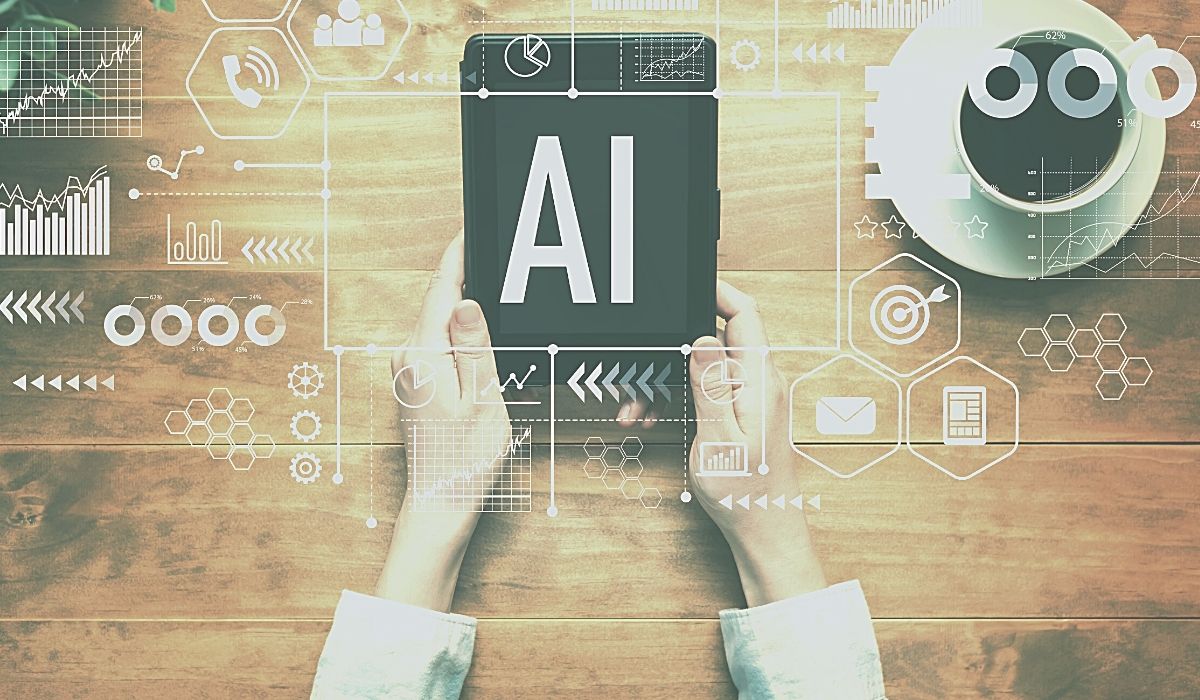Over the past decade, blockchain technology and artificial intelligence have taken over the technological advancement conversations as both industries experienced a wild ride to stardom during this time. Blockchain technology simply refers to a decentralized, immutable, and shared ledger that provides a transparent exchange route for encrypted data to everyone on the network. Artificial intelligence, on its part, leverages computers, machines, and data to mimic human intelligence in problem-solving, critical thinking, and decision-making capabilities. The industry is also closely related to its sub-fields of machine learning and deep learning.
While AI and blockchain are still in their teen years, the future looks bright for projects working in these fields. Global industries and businesses are already implementing and/or investing in these technologies, which offer improved advancements in security, data management, better user experience, etc. The two innovations are proving to be a very powerful combination in the tech world, improving virtually every industry and business with which they come into contact.
From medicine advancements, the food industry, supply chains, financial transactions, cyber-security, governance, etc., AI and blockchain are making a huge change in how communities interact. Blockchain tech on its own offers a new paradigm in innovating data privacy, security, and control while AI has a spectrum of advantages lined up for those that implement it. However, combining the two innovations creates what could be the world’s most technology-enabled decision-making and problem-solving solutions, which are practically tamper-proof, secure, and accessible to all persons in the world.
The Confluence of Artificial Intelligence in Blockchain
There are several advantages to AI integrating into the blockchain world or vice versa. Integrating AI into blockchains could lead to the development of better decentralized finance (DeFi) apps, innovative audit and compliance systems, improved data models, faster and better governance models, automation of repetitive tasks, improved decision making, and even create interfaces that offer better user experience.
Oraichain, a decentralized oracle service, is one of the leading blockchain projects introducing AI to smart contracts in an effort to create a bridge between the two industries. Oraichain enables smart contracts to securely access external AI APIs, which helps enhance smart contracts. The project aims to leverage AI to improve blockchains’ digital records via boosting trust and transparency in data integrity, maintaining blockchain’s authenticity.
Additionally, through AI, Oraichain plans to bring in a new level of intelligence to blockchain-based businesses and organizations. Its oracles will also provide large volumes of data from within and outside the network helping AI scale to provide a wider decision-making view, manage data usage, and model sharing. This will create a more trustless and transparent data economy on blockchains.
Finally, introducing AI to the blockchain can also bring data automation and storage to many businesses and industries across the globe. Simply, AI, automation, and blockchain can bring new value to business processes that span multiple parties — removing friction, adding speed, and increasing efficiency.
The Widespread Use of AI in Blockchain
Despite being in its early stages of development, Oraichain has spread its tentacles to as many industries already by launching AI-powered smart contracts. Decentralized finance, or DeFi, users are benefiting from AI models built to eliminate human error and psychological factors in investment and trading practices. Additionally, the responsiveness of AI models can provide 24/7 coverage with frequent performance upgrades. With permanent and transparent logs of deployed strategies and outcomes on blockchains, customer trust is greatly enhanced.
Secondly, Orainchain is also in heavy use in enterprises and manufacturing industries. The platform digitizes the largely paper-based supply chains, making the data shareable and trustworthy, and adding intelligence and automation to execute transactions. This allows database administrators to standardize the deployment of integrity constraints to produce more structured data schemes with blockchain and utilize AI models to increase efficiency, automatically monitor manufacturing, and detect defects. The data is then shared with the network in real-time, reducing the overall cost of data transfer in traditional manufacturing industries.
Blockchain networks can also greatly benefit AI models from the large amounts of data that is collected on the networks (big data), both on-chain and off-chain. The decentralization aspect of the Oraichain blockchain also allows AI models to enhance projects, the internet of things (IoT), and machines via anomaly detection, failure point detection, object network analysis, flow recognition, privacy infringement detection, and integrated analysis.
Notwithstanding, the healthcare industry also stands to benefit greatly as blockchains and AI improve the visibility and traceability of the drugs supply chain. AI can provide a transparent channel for universal healthcare information stored on blockchains, granting & monitoring access, and effective use of information. This improves the life sciences industry, accelerates the treatment workflows, increases the success rate of clinical trials, and improves the patient experience by predicting diagnosis, treatment, prognosis, and outcome.
Last Words
Blockchain technology and AI are transforming virtually every sector of the economy, removing any inefficiencies, human errors, and cybersecurity concerns. With the growth of hybrid platforms such as Oraichain, the possibilities in the future of finance, supply chain management, life sciences, education, gaming, manufacturing, insurance, global logistics, big data, IoT, etc. are endless. It is time to embrace these innovations for more efficient transactions in the future.




